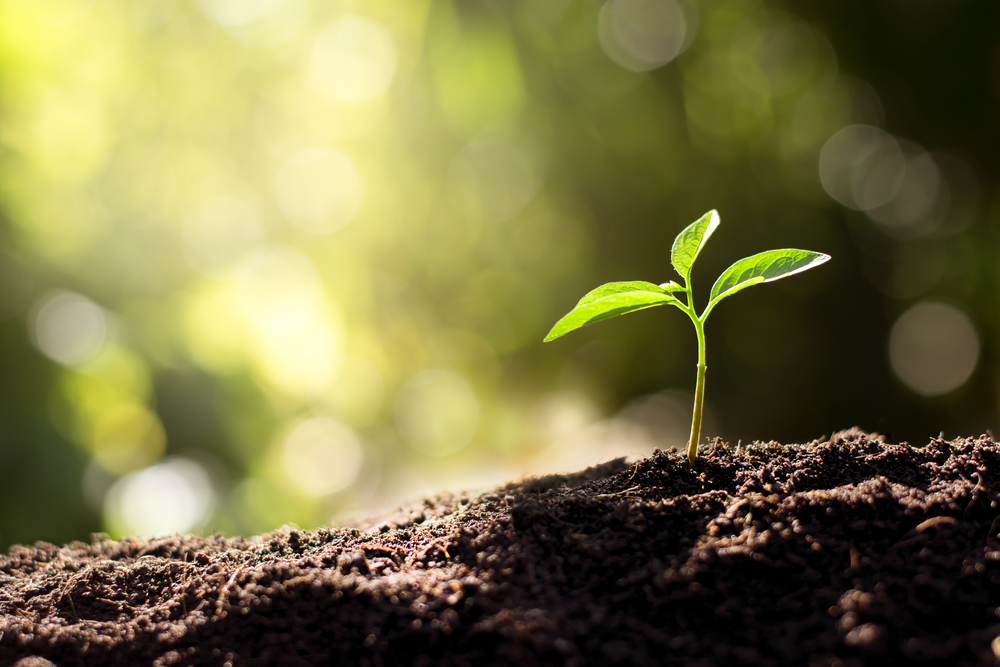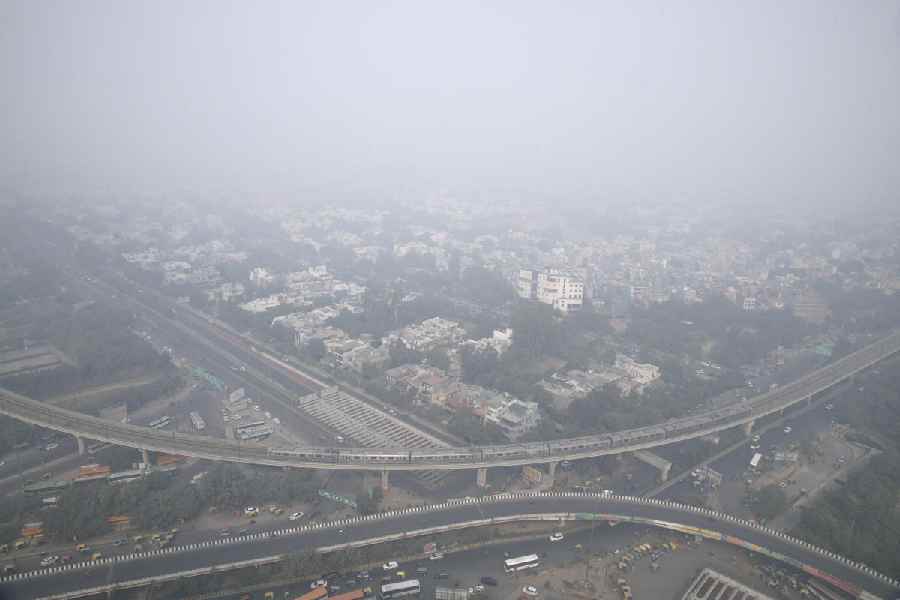A new technology to grow seedlings in trays introduced by World Vegetable Center in Assam is winning the hearts of farmers.
The World Vegetable Center (WorldVeg) entomologist Paola Sotelo Cardona recently visited demonstration sites of cabbage and brinjal (eggplant) in Kamrup and Darrang districts of Assam with team members of the Assam Agribusiness and Rural Transformation Project (APART) and district extension staff to interact with beneficiary farmers.
She explained important components of integrated pest management (IPM), such as healthy seedling production in soilless medium using seedling trays, neem-based products formulation, and bioagents, which considerably reduce the incidence and impact of diseases and insect pests. Farmers were happy with the hands-on training.
Taiwan-based World Vegetable Center now has an office in Assam under the World Bank-aided Assam Agribusiness and Rural Transformation Project.
WorldVeg was brought into the project to provide technical support and training for the directorate of horticulture and food processing and the Agricultural Technology Management Agency (ATMA), and to help in the implementation of the production side of the vegetable value chain components of the APART project.
An official of the centre in Assam said farmers are very happy with the new technology as healthy seedlings can be obtained irrespective of the weather condition, has high germination percentage, very less mortality rate and can be carried to the main field easily.
“Most vegetable production systems are moving to using seedlings because they provide faster and more reliable crop establishment and greater protection against climatic variability. Seedlings grown in plastic trays are free from soil-borne diseases and, as they are grown under netting, free from insect-borne viruses, can produce healthier and higher yielding crops,” the official said.
“Initially, I used to spend more money on synthetic pesticides and insecticides, but after implementing the IPM strategy on the demonstration plot, the field was free from pest and disease attacks,” said a cabbage farmer, Jayanta Deka, from Ujankuri village, Kamrup. “Implementing the IPM strategy is pocket-friendly compared to the amount spent on synthetic pesticides and insecticides.”
Brinjal farmer Jiarul Haque, from Borgorakhuti village in Darrang district, showed the team the excellent health of the seedlings he grew in seedling trays. “Seedlings grown in a raised bed lack vigour,” he said.
The World Vegetable Center, an international non-profit institute for vegetable research and development with headquarters in Taiwan, mobilises resources from the public and private sector to realise the potential of vegetables for healthier lives and more resilient livelihoods.











